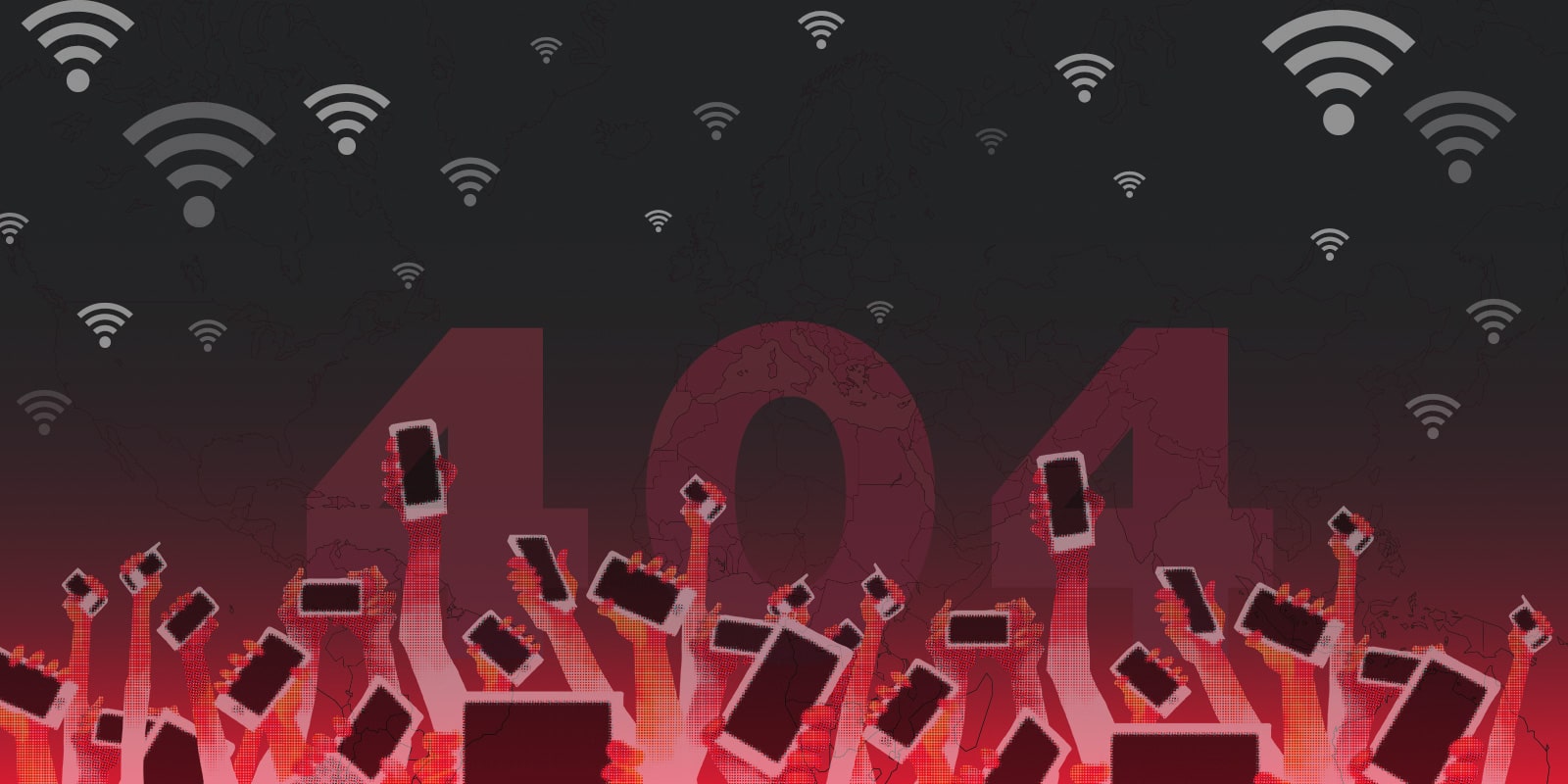Today, June 3, a panel of judges of the Jakarta State Administrative Court ruled that the deliberate 2019 internet shutdowns in Papua and West Papua were illegal. A coalition of civil society groups working on freedom of expression issues in Southeast Asia, including the Alliance for Independent Journalists (AJI) and Southeast Asia Freedom of Expression Network (SAFEnet), sued the government for purposely shutting down the internet during protests in Papua and West Papua in August and September of last year.
“This ruling is an important win not only for Indonesia and the residents of its Papua and West Papua provinces but also for the rights of internet users in general,” said Natalia Krapiva, Access Now’s Tech-Legal Counsel. “During this pandemic, information saves lives. We are glad to see that the Jakarta Administrative court has recognized internet shutdowns as illegal, especially today when, like many of us, Indonesians rely on the internet more than ever for jobs and education, connecting with loved ones, and accessing health information and services. Moreover, throughout the COVID-19 health crisis and beyond, the internet is a vital instrument for our rights to expression and assembly, and organizing ourselves in democracies.”
In their lawsuit against the Ministry of Communication and Information and the President of the Republic of Indonesia, the civil society claimants argued that the network disruptions violated the fundamental rights of Indonesians. In particular, as a result of the internet shutdowns, journalists reporting from the regions of Papua and West Papua could not undertake their daily work to fulfill the right to provide timely and accurate information to the public.
“Access Now and the #KeepItOn coalition welcome the court decision to rule this egregious act of internet shutdowns illegal,” said Berhan Taye, Access Now’s Global Internet Shutdowns Lead, adding that “this shutdown was used to silence the protests happening in the region and obscure transparency on arrests and alleged violence targeting protestors. Indonesia’s judges join jurists worldwide in the trend to end shutdowns in court.”
Access Now, with the help of several experts and other organizations, filed a friend-of-the-court (amicus curiae) brief with the Court attesting to the unlawfulness of internet shutdowns. We argued that shutdowns not only interfere with the right to information and freedom of expression, but also the right to assembly, as well as the rights to work, health, education, scientific progress, and cultural rights in the internet age, and that shutdowns are incompatible with human rights law, especially during the COVID-19 pandemic.
In the lawsuit, the Indonesian government argued that the shutdowns were necessary to prevent the spread of fake news in the midst of protests against state violence in the provinces. The Jakarta court, however, rejected the government’s position, ruling that internet shutdowns were “a violation of the law by government bodies or officials.” Importantly, the judges added that “any decision that limited people’s right to information should be made in accordance with the law and not merely based on the government’s discretion.”
